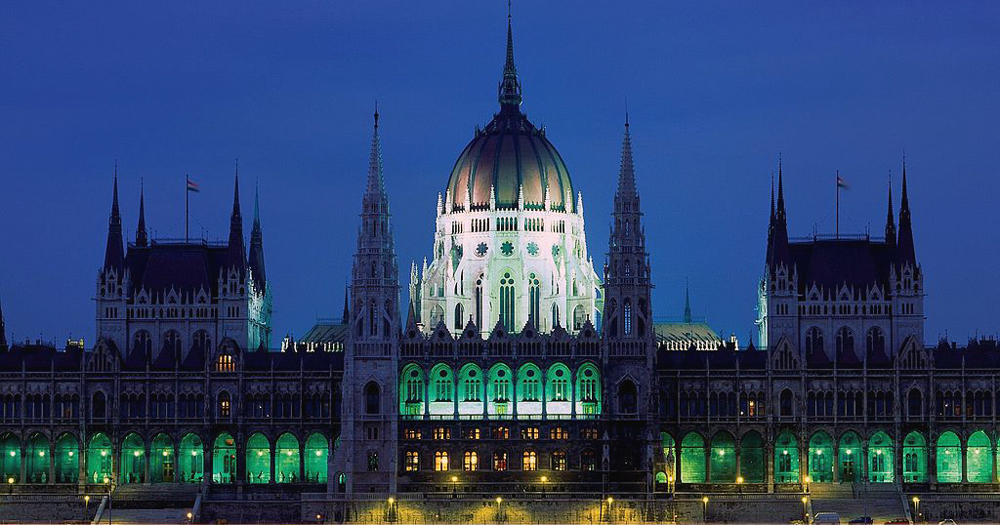Diplomats in Hungary have justified their position on anti-LGBTQ+ policies by saying that these policies serve “the future of [their] children”.
Passed in June, the law prohibits the promotion or depiction of homosexuality or sex reassignment in media content for minors under the age of 18 and contains harsher penalties for pedophilia.
The law, which the EU says violates the fundamental rights of LGBTQ+ people, has faced criticism for conflating homosexuality with pedophilia, as well as stigmatising sexual minorities.
Consequently, the executive commission put a hold on billions that had been intended at economic recovery funds for Hungary, a move which Peter Szijjarto, Foreign Minister and one of Hungary’s top diplomats, referred to as political “blackmail”.
He insists that the law is intended to protect children from pedophiles and “homosexual propaganda”.
It was suggested by Dutch Prime Minister Mark Rutte that Viktor Orban, Hungarian Prime Minister, should pull Hungary out of the EU if the country will not get on board with its principles.
“We do not compromise on these issues because we are a sovereign country, a sovereign nation,” said Szijjarto in conversation with The Associated Press at the UN General Assembly meeting of world leaders. “And no one, not even the European Commission, should blackmail us regarding these policies.”
Hungary, Poland and Romania were all called out last week by MEPs for not recognising same-sex marriages that took place in other European countries, which the members of parliament say should be uniformly recognised throughout the EU.
In an extensive report which was released by the Council of Europe on Tuesday September 21, the UK has also been named alongside Hungary, Poland, Turkey and the Russian Federation for anti-LGBTQ+ rhetoric specifically relating to transgender people.
The continent’s leading human rights organisation, the Council of Europe, found that there has been a marked increase in homophobic hate crimes and hate speech, particularly on social media, throughout the UK.
“There is intense and ongoing social, political and legal debate about what constitutes harmful discourse when it comes to trans people and their rights,” the report states, “and arguments defending freedom of expression have been – and are still being – used as a tool to justify transphobic rhetoric, further penalising and harming already marginalised trans people and communities.”
Although the UK has been singled out as problematic for the LGBTQ+ community, the government plans to encourage other countries to tackle inequality at the global ‘Safe to Be Me’ conference which takes place next year, the first of its kind.
© 2021 GCN (Gay Community News). All rights reserved.
Support GCN
GCN is a free, vital resource for Ireland’s LGBTQ+ community since 1988.
GCN is a trading name of National LGBT Federation CLG, a registered charity - Charity Number: 20034580.
GCN relies on the generous support of the community and allies to sustain the crucial work that we do. Producing GCN is costly, and, in an industry which has been hugely impacted by rising costs, we need your support to help sustain and grow this vital resource.
Supporting GCN for as little as €1.99 per month will help us continue our work as Ireland’s free, independent LGBTQ+ media.
